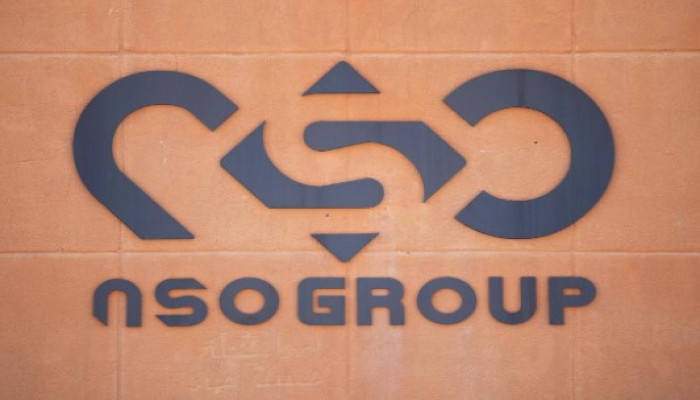Report reveals Pegasus spyware used to hack journalists and activists in Jordan
- In Reports
- 02:23 PM, Feb 02, 2024
- Myind Staff
A recent investigation revealed that hackers used a powerful spyware called Pegasus to hack into the phones of many journalists and activists in Jordan over the last four years. This poses concerns about the privacy and security of individuals involved in journalism and activism. Authorities and those affected are likely to look into this closely to understand why it happened and how to prevent such cybersecurity risks in the future.
Access Now, a non-governmental organization (NGO), has brought attention to 35 instances of hacking dating back to 2019, targeting individuals such as lawyers, activists, and at least one politician.
While the report refrains from directly accusing Jordan's government of deploying the spyware, it notes that the increased use of such technology aligns with a broader trend of heightened repression of citizens' rights to freedom of expression, association, and peaceful assembly by the authorities.
The malware, capable of taking control of a phone's microphone and camera while accessing documents, gained widespread attention in 2021 following a leak revealing its use by governments to spy on critics.
Despite the ensuing scandal, the Israeli company responsible for Pegasus, NSO Group, and other similar entities persist in selling their products to governments globally.
The United States has taken action against the industry, imposing sanctions on companies, including NSO, which restricts Americans from engaging in business transactions with them.
However, Access Now's regional policy director, Marwa Fatafta, pointed out the lack of general oversight on companies providing such spying software, allowing the surveillance sector to persist in its "secretive and shady" business practices.
Fatafta emphasized that governments are actively acquiring these technologies to surveil their citizens and suppress civil society. The NGO reiterated its call for a complete ban on any spyware that facilitates human rights abuses, stating that there is no proportional use of such surveillance tools.
Access Now revealed that the majority of the identified cases in Jordan occurred between 2020 and late 2023.One of the affected individuals is Daoud Kuttab, a Palestinian-American journalist based in Jordan, who experienced three instances of phone hacking in 2022 and 2023, along with seven additional unsuccessful attempts.
Kuttab highlighted that many journalists working in the Middle East anticipate their phones being tapped, noting that Pegasus represents a more intrusive form of surveillance than traditional methods.
Expressing concern, Kuttab emphasized the potential risk of bad actors gaining access to his contacts, underscoring the apprehension about compromising the privacy and security of individuals associated with him.
Many individuals targeted by Pegasus, as reported by Access Now, were linked to a month-long teachers' strike in 2019, leading to the arrest of hundreds of teachers and the dissolution of their union.
Image source: WION News







Comments